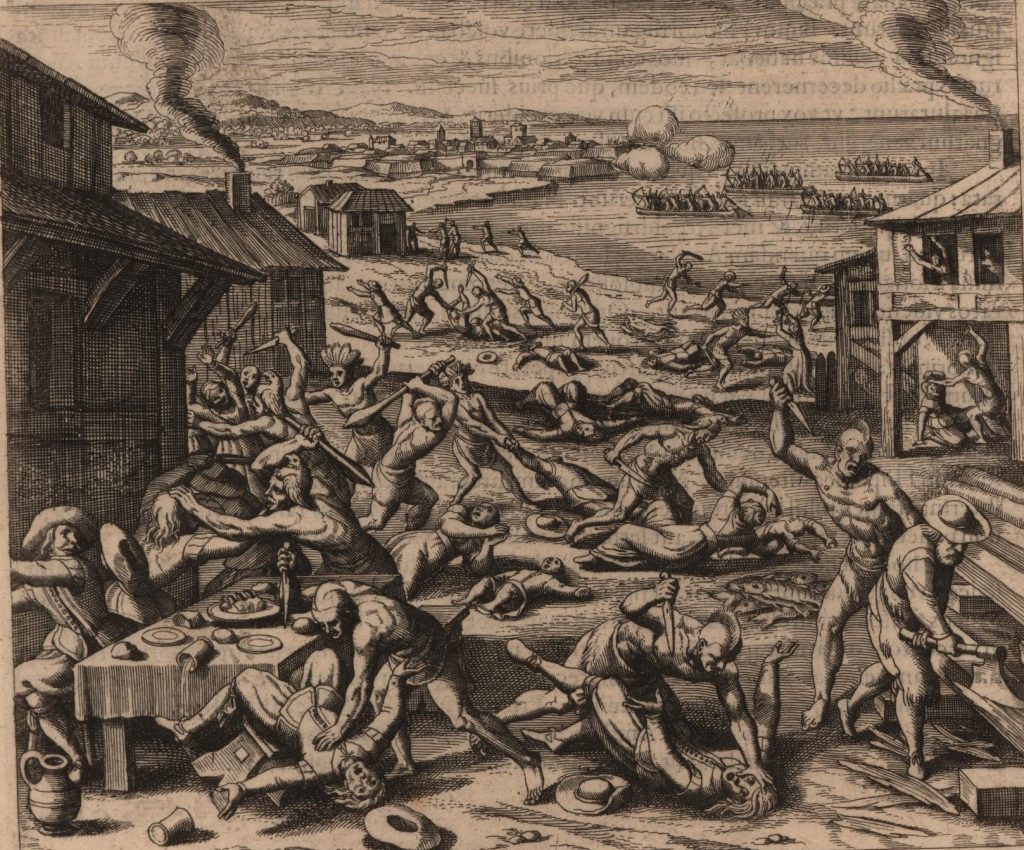
Rachel Winchcombe’s New Journal Article ‘The Limits of Disgust’ Commended by the Sophie Coe Prize Jury
Rachel Winchcombe, Lecturer in Early Modern History at the University of Manchester, was recently commended for her work on early American food history by the judges of the Sophie Coe Prize, the world’s leading prize for writing on food history.
Rachel’s submission, ‘The Limits of Disgust: Eating the Inedible during Jamestown’s Starving Time’ uses textual evidence, faunal analysis, osteoarchaeological studies conducted at Jamestown Rediscovery, and early modern recipe books and healthcare manuals to reexamine the dietary choices made by English colonists during the notorious Starving Time of 1609–10. It argues that at moments when human life was in peril, disgust for certain foods was replaced with novel approaches to hunger relief, malleable beliefs about the health benefits of particular foods, and the conviction that most people who went hungry knew the limits of acceptable dietary behaviour.
The judges noted that the article ‘is particularly interesting on medical ideas of the time regarding consuming human blood and flesh as medicinal. It also reflects on wider English culture and ideas in the seventeenth century, especially the flexibility of taboos and emotions like disgust in extremis, putting aspects of the early colonization of the Americas into a new light.’
The article has now been published in Global Food History and is available to read open access at: https://doi.org/10.1080/20549547.2023.2234252
Find out more about Rachel’s research here. The full report of the jury is available here.
Image caption: Matthäus Merian, “Massacre of 1622,” engraving, in Theodore de Bry, Decima Tertia Pars Historiae Americanae (Frankfurt, 1634). Courtesy of the John Carter Brown Library.






0 Comments